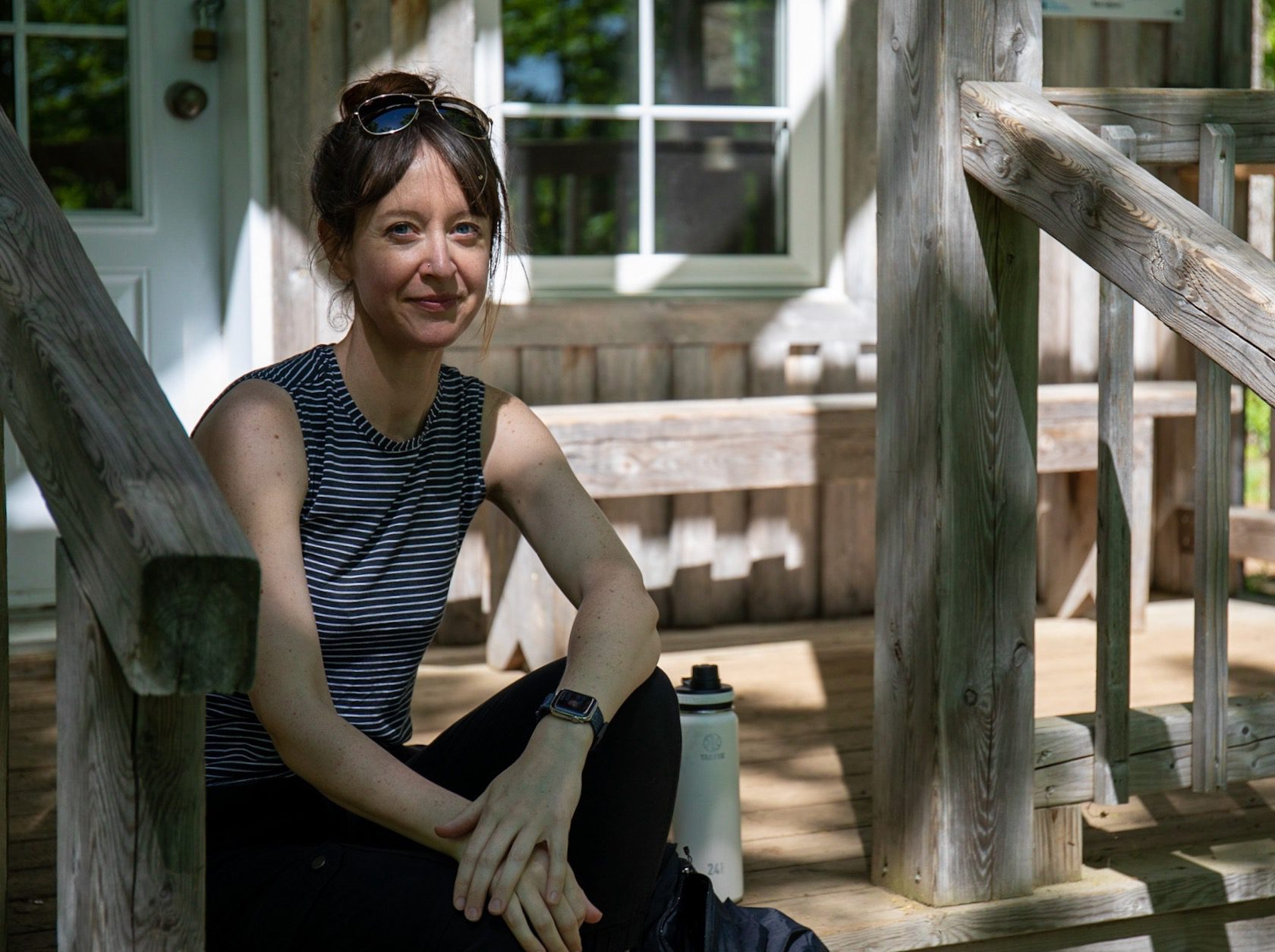Krystyn Tully, CEO
Krystyn Tully is the CEO and co-founder of Entremission.
She is a social change advocate with more than 25 years’ experience in the public interest world.

Krystyn is drawn to social impact work by a desire to help the next generation of social impact leaders create an equitable, sustainable future.
She has been involved with arts, literacy, LGBTQ+, and social justice causes since she was 15 years old. At the age of 23, Krystyn helped to start one of Canada’s largest national environmental charities. She then spent two decades creating technology and field programs used by more than 4-million people.
Krystyn is an accomplished speaker and writer. She has presented to federal and provincial government committees, spoken at numerous conferences, and appeared on national radio and television news programs.
Krystyn has contributed to several boards and advisory committees, helping to raise over $10-million for environmental causes. Most recently, she served as an advisor to Canadian Freshwater Alliance. She commits 10% of her time to volunteer initiatives.
Krystyn has honours degrees in Radio and Television Arts and Public Administration, with a minor in Nonprofit Management.
When not working on Entremission projects and volunteering, Krystyn spends as much time as possible in nature, reading, or relaxing with friends.
If you’d like to connect with Krystyn, reach out through our contact page. She is also on Twitter @krystynt and on LinkedIn @krystyntully.
Krystyn publishes her Charity Case blog at krystyntully.com. She is also the creator behind Entremission’s weekly newsletter for nonprofit and social impact folks, The Organizer.
Recent articles from Charity Case
- The Organizer is a weekly newsletter for nonprofit and social impact folks written by Charity Case’s Krystyn Tully. I explore one aspect of social impact work every week and share a tool to help make good work a little easier. The first edition launched in January 2022.
- Burnout is predictable, which means it's also avoidable. If we know what to look for, we can see burnout coming. If we're willing to make changes, we might even prevent it from happening. That's why managers, leaders, directors, and other members of our community have to step up.
- We often encourage and reward the very behaviours that lead to burnout. We applaud long hours. We encourage leaders to set ever-higher social change goals. We sneer at hobbies. We romanticize low pay and crappy working environments. This is burnout culture, and it needs to change.
- Social impact organizations do a poor job supporting education and professional development. How can we accomplish our social change goals if we lack basic competencies? In honour of the new school year, we look at how much you should be spending on training, education, and roller derbies.